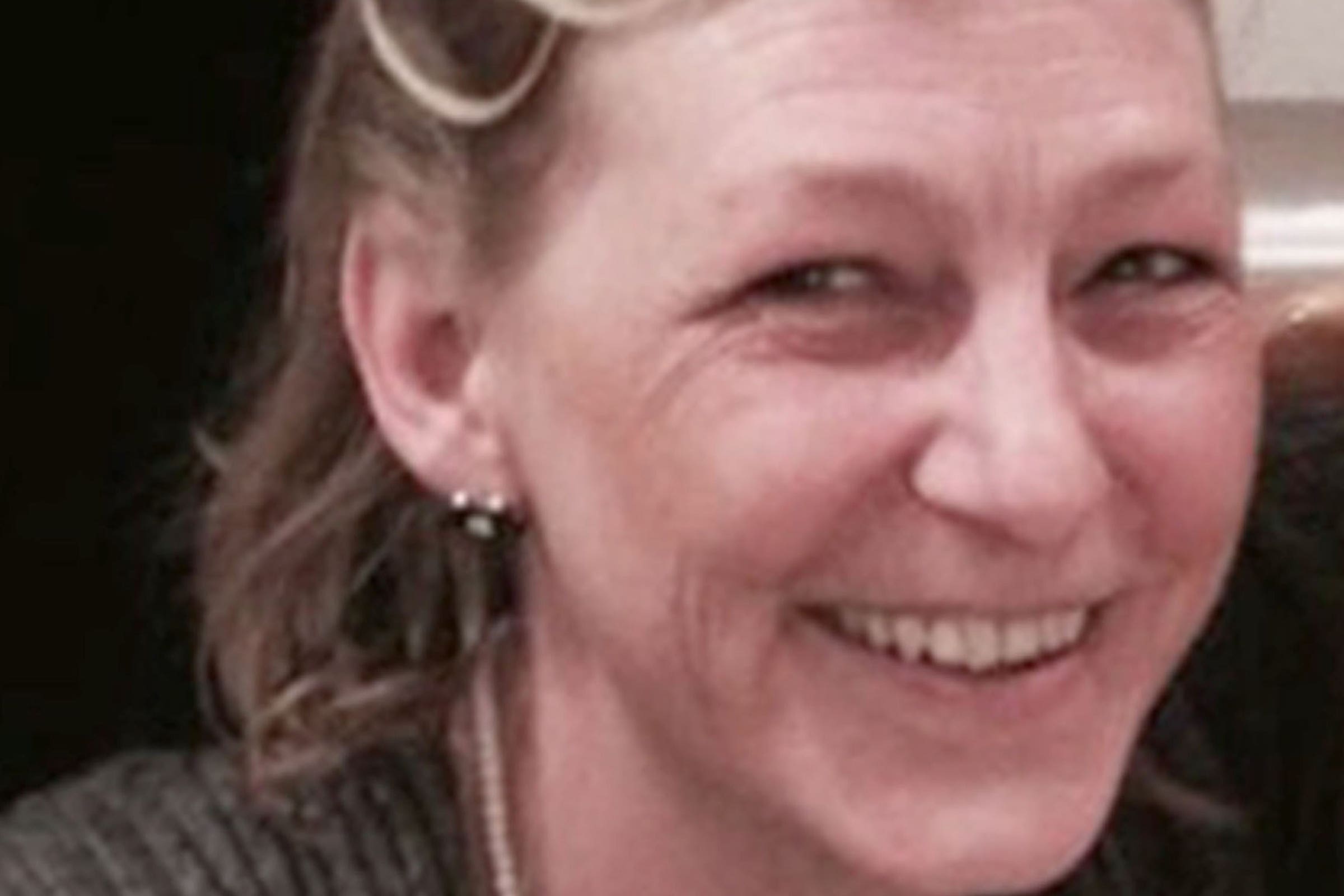Government defends ‘exceptional’ delays in Salisbury poisonings inquiry
Dawn Sturgess died after being exposed to the nerve agent Novichok left in a discarded perfume bottle in July 2018.

Lawyers acting on behalf of the Government have defended the “exceptional” disclosure delays in the Russian-state Salisbury poisonings inquiry, saying sensitive information has been found in more than 1,000 documents.
The counsel to the Dawn Sturgess inquiry, Andrew O’Connor KC, said there is “still some way to go” and his team would not be ready for substantive hearings until the “middle or end of next year”.
The Government’s KC, Cathryn McGahey, told a hearing at the Royal Courts of Justice on Friday that redactions were necessary to protect sensitive information from the “hostile state that is Russia”.
Ms Sturgess, 44, died after being exposed to the nerve agent Novichok left in a discarded perfume bottle in Amesbury, Wiltshire, in July 2018.
We have to assume that anything we put on any open system is no longer secure - it's nothing to do with any wish to withhold anything from the family
It followed the attempted murder of former Russian spy Sergei Skripal, his daughter Yulia and ex-police officer Nick Bailey, who were poisoned in nearby Salisbury in March that year.
All three survived, as did Ms Sturgess’s boyfriend Charlie Rowley.
The Metropolitan Police identified three suspects wanted in connection with the poisonings: Denis Sergeev, Alexander Mishkin and Anatoliy Chepiga, who used the aliases Sergey Fedotov, Alexander Petrov and Ruslan Boshirov respectively while in the UK.
On Friday, the family’s KC, Michael Mansfield, told the hearing the family wanted rolling disclosure, including CCTV of Yulia Skripal allegedly being followed upon her arrival in the UK.
He told the court there “must be some material that could be released without sensitivities”.
Addressing the chairman to the inquiry, Lord Hughes, on the disclosure delays, Mr O’Connor said: “There’s no hiding from the fact that the disclosure process in this inquiry is taking an exceptionally long time.
“It is now nearly two years since the first pre-inquest hearing… and there is still some way to go.
“One way of speeding things up would be to allow compromises to be made to the thoroughness or to the openness of your investigation.
“We know that that is something that neither you, nor anyone else involved would wish.”
Defending the disclosure delays, Ms McGahey said the Government understood the family’s frustrations.
She told the hearing: “It is not that progress hasn’t been made or that things are being withheld from (the family) that shouldn’t be withheld.
“Of course, we understand why the family are asking why things are taking so long.
“We have to assume that anything we put on any open system is no longer secure – it’s nothing to do with any wish to withhold anything from the family.
“There have been sensitivities in over 1,000 documents so far.”
Bookmark popover
Removed from bookmarks